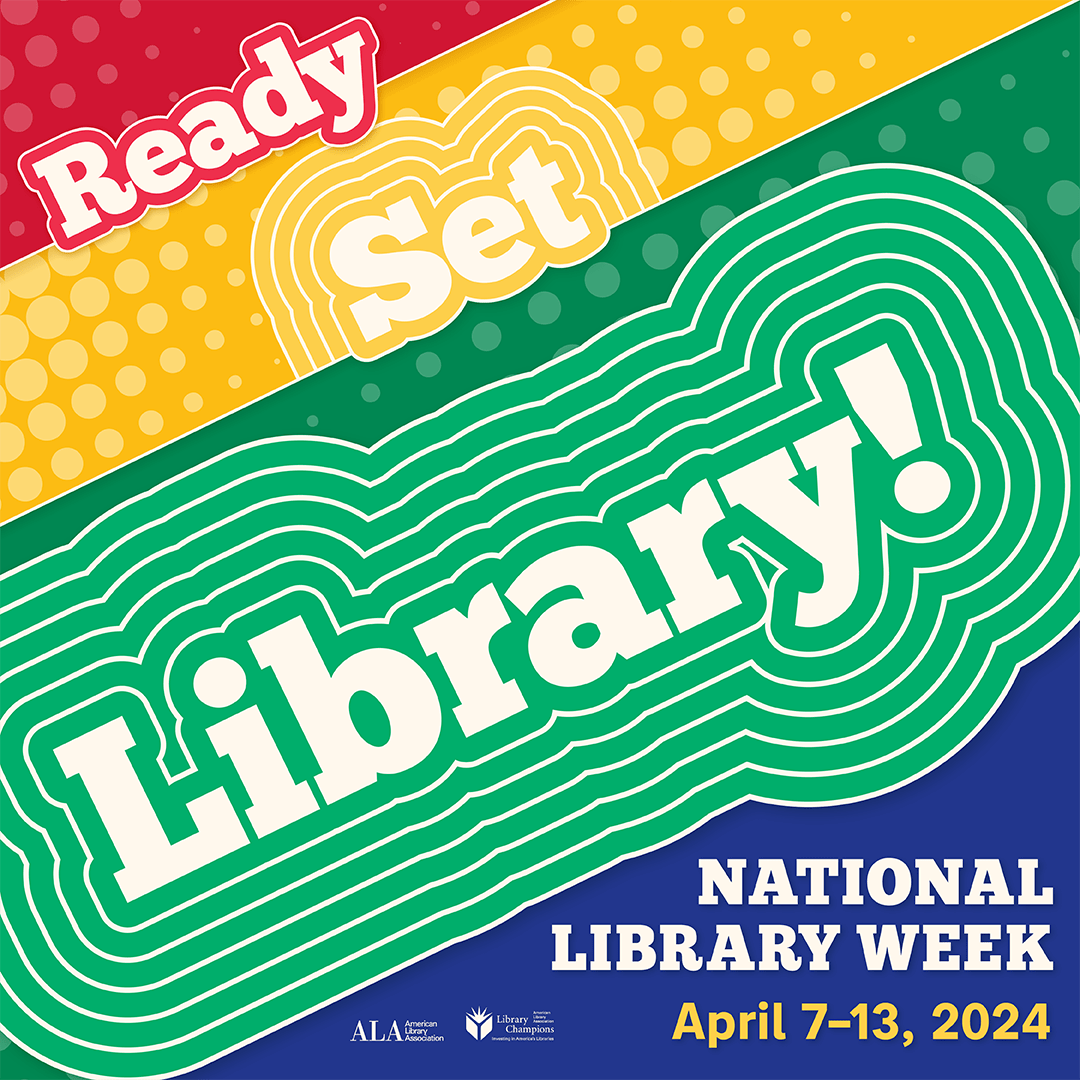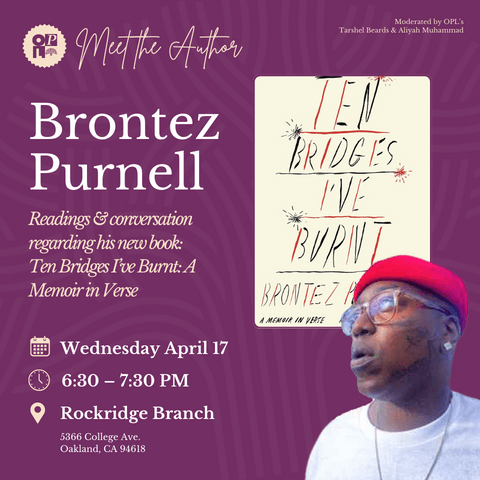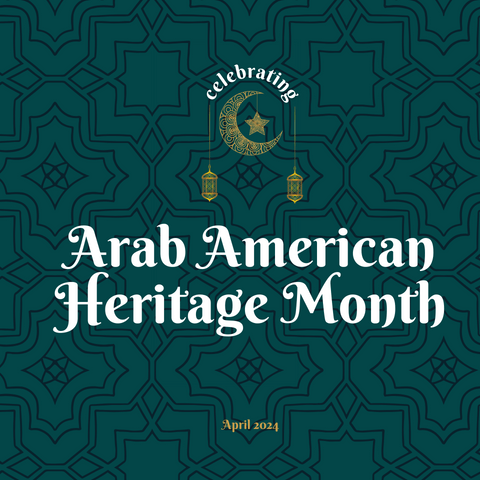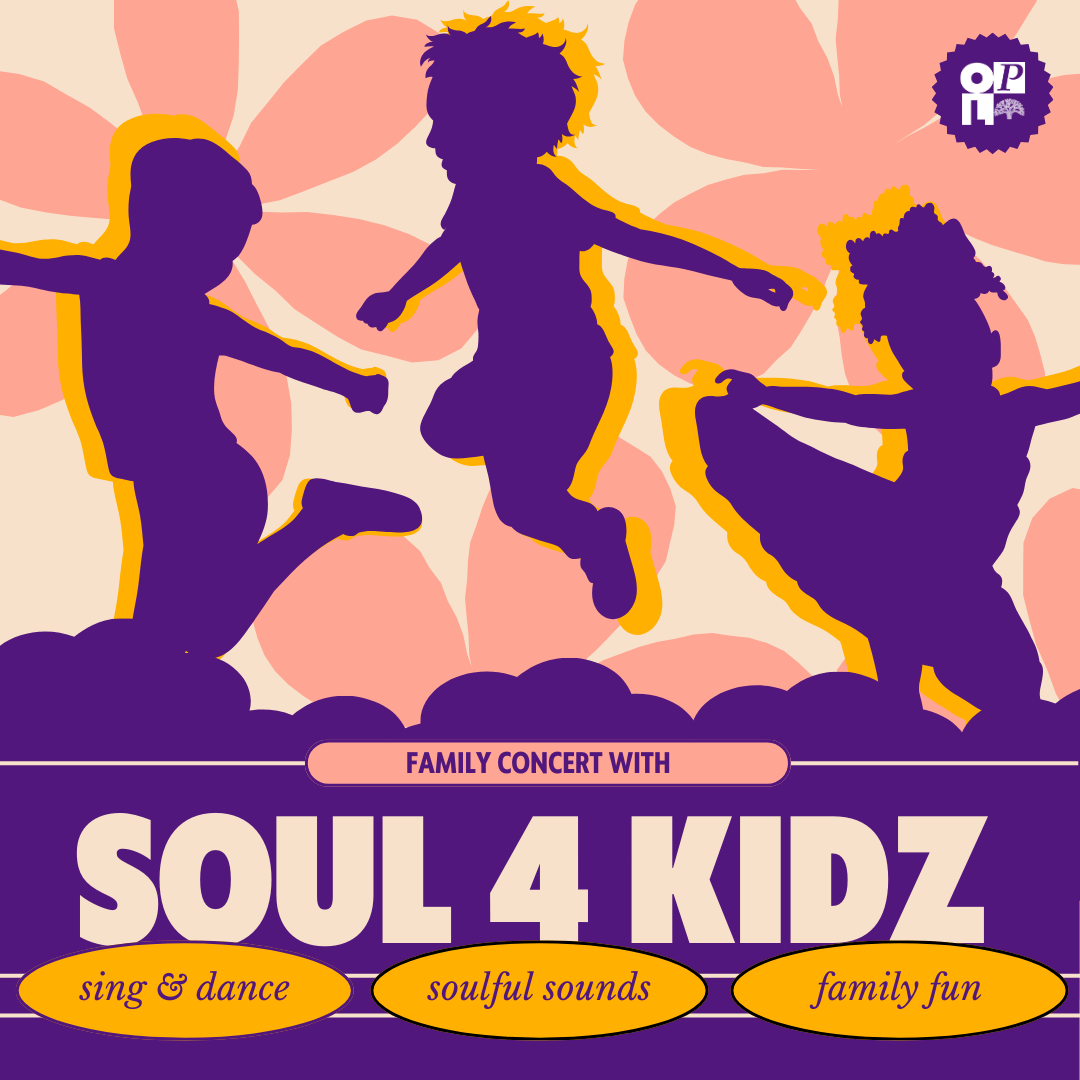Welcome to abundant April at the Oakland Public Library! There’s so much to do and we have HUNDREDS of events every month. Here's just a few of the highlights for the month ahead.

National Library Week
National Library Week is April 7–13 and we encourage all of you to visit the library to explore all the library has to offer. We are dropping special content on social media every single day of the week from April 7-13, so make sure you're following us on the socials: @oaklandlibrary

National Poetry Month
April is National Poetry Month!
Join us for an engaging evening with critically acclaimed Oakland-based author, musician, filmmaker & dance company co-founder Brontez Purnell! Purnell will read from and discuss his latest book Ten Bridges I've Burnt, moderated by OPL staff members, Tarshel Beards and Aliyah Muhammad.
Plus, courtesy of Oakland's A Great, Good Place for Books, copies of Ten Bridges I've Burnt: A Memoir in Verse will be available for purchase and signing by the author. Check out more April poetry events.

Arab American Heritage Month
In celebration of both Arab American Heritage Month and National Poetry Month, Noel Hassan invites you all into the heart of her poetry in a special event at the Piedmont Avenue Branch Library. Noel will weave tales from her book, Poetry for Me, sharing not only her verses but also the profound insights that breathe life into each of her poetic creations.
Children's Day / Día de los Niños
Children and their families can enjoy a soulful music concert series we’re putting on in partnership with Soul 4Kidz to celebrate Día de los Niños / Children's Day. Dance and sing along with soul-style versions of classic children's hits at an OPL branch near you and celebrate with our curated list of vibrant picture books for the occasion.




Add a comment to: April 2024 at OPL